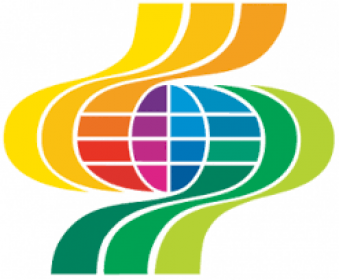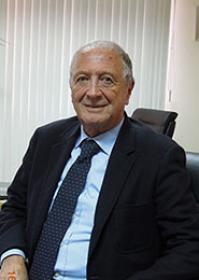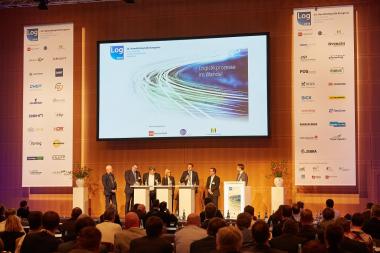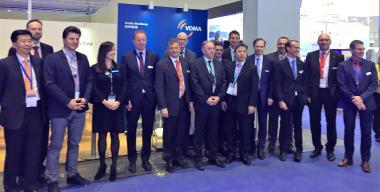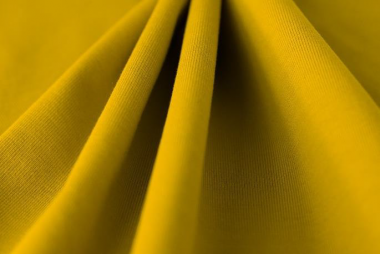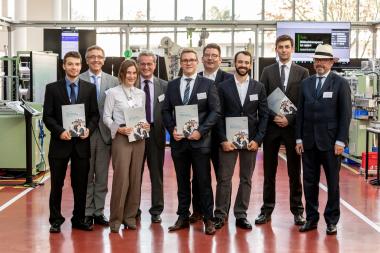VDMA member companies at ITMA ASIA + CITME
Although affected by the Covid-19 pandemic, ITMA ASIA + CITME, which takes place mid-June in Shanghai, will see a convincing participation of VDMA member companies. 56 exhibitors from Germany will exhibit at this year’s edition of Asia’s major fair for textile machinery. Due to the pandemic and travel restrictions, this is much less than in 2018, when 99 exhibitors from Germany were present. The booked space of German companies has almost halved compared to 2018. Nevertheless, Germany is still the second largest exhibitor nation after China.
At a virtual VDMA press conference early June, these renowned VDMA member companies* presented their highlights for the Asian market:
- Oerlikon Polymer Processing Solutions Division
- Truetzschler Group
- Neuenhauser
- Saurer
- Karl Mayer
- Groz-Beckert
- Herzog
- Lenze
- Mahlo
- Sedo Treepoint
- Thies
Instead of visiting the show personally, the VDMA offers a virtual trip to Asia. The established "Textile Machinery Webtalk" series via the newsroom IndustryArena will focus on ITMA ASIA in the run-up to the fair: VDMA Webtalks meet ITMA ASIA.
*See attached document for more information.
VDMA ITMA Asia + CITME ITMA Oerlikon Trützschler Neuenhauser Saurer Karl Mayer Groz-Beckert Herzog Lenze Mahlo Sedo Thies
VDMA e. V.


